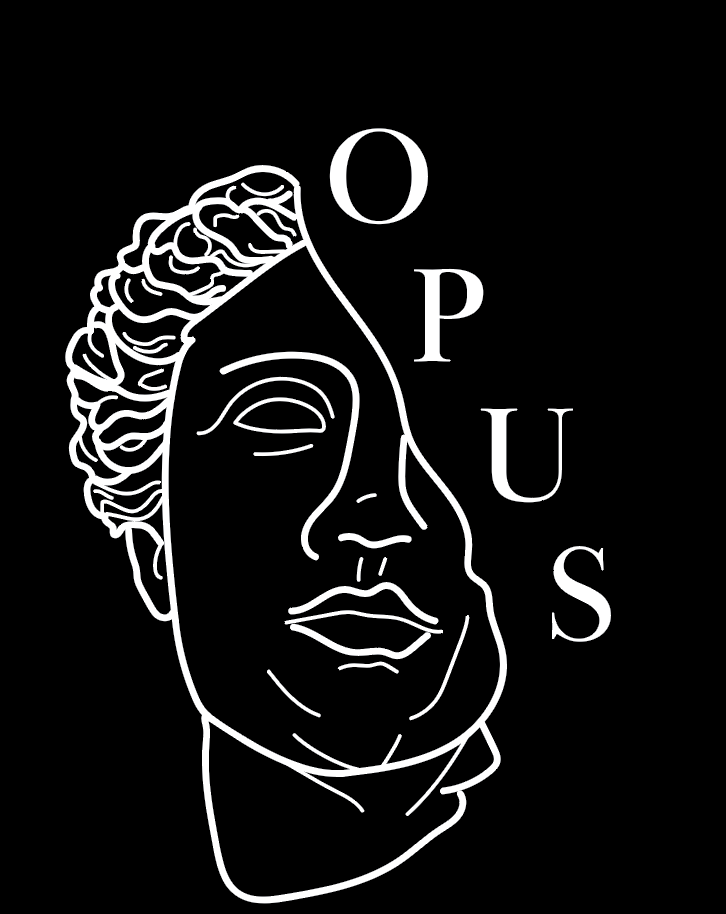Reading as a Writer
In my intro to creative writing course we have been discussing the topic of “reading like a writer.” “Reading like a writer” refers to being consciously aware of the devices and techniques that are used in the pieces you read so that you may attempt to emulate them in your own writing. We often do this subconsciously, drawing inspiration from the writers or artists that we enjoy most. However, the concept of “reading like a writer” focuses on recognizing effective styles more intentionally.
The problem with this task is that the start of the semester is always so hectic it is hard to find time to explore artistic pieces. When you finally do find time, you are so sick and tired of reading material for classes that you would rather turn on Netflix and mindlessly watch The Office.
Because of this, I made it a personal challenge this week to apply the concept of “reading like a writer” to my Human Physiology and Psychology textbooks. In doing so, I became more aware of writing techniques that the textbooks used and was inspired to create some interesting, goofy, gosh darn terrible poetry about glial cells (on account of it being 4AM the night before an exam). While the techniques I saw in these textbooks may not have been as creative or poetic as the ones I observed in my creative writing textbook, there were certain devices used by the author that helped me understand the material easier; such as allusions to larger scale occurrences to help explain microscopic events. Unexpectedly, I even found creative inspiration here.
My point is that art and inspiration are everywhere around us. Even stashed between graphs of action potentials and tables of organelle functions there is poetry, beauty, and lessons to be learned about effective writing. All you need to do is read like a writer.
You are artists! You are writers! You are poets, coming from the Greek word “poetes” meaning “maker” or “creator.” So CREATE! (And then submit to Opus at opus@hope.edu).
Ryan Woodside
Poetry Editor



Leave a Reply